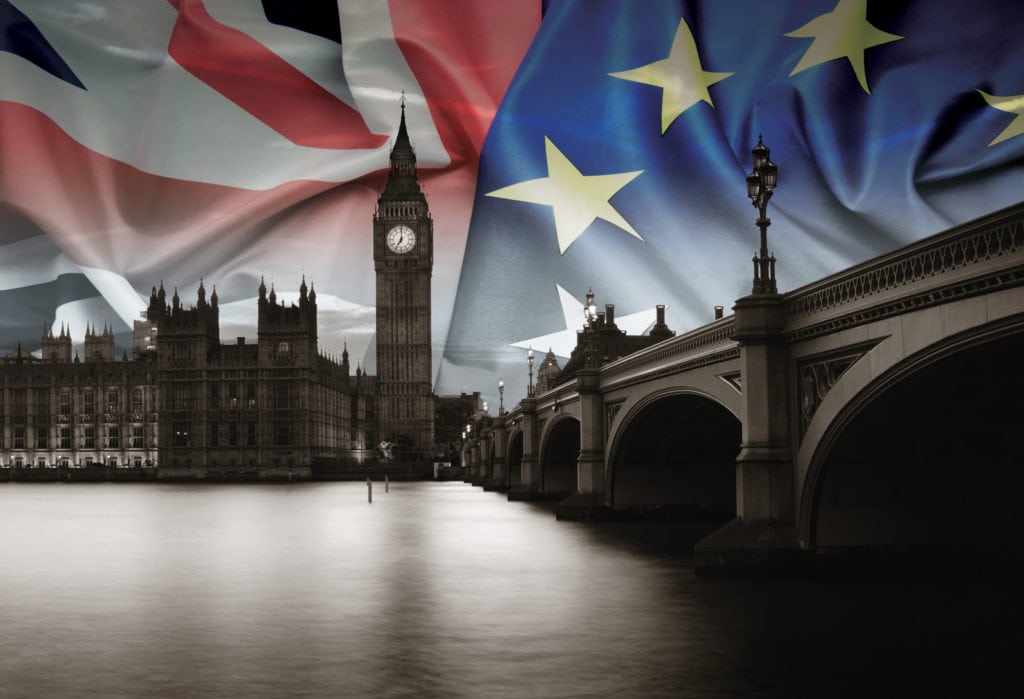Latest News

Photo: Via Satellite
The U.K. space industry continues to figure out how to maintain its status as a leading space-faring economy while dealing with frustrating, post-Brexit realities and the question that just won’t go away: “Can we afford to do ___ alone?” Faced with being shut out of Europe’s Galileo program, U.K. Defense secretary Gavin Williamson recently confirmed during an interview with The Telegraph that work has already begun on a 100 percent British, 3 billion pound GPS alternative. Read more at The Telegraph >>
Gizmodo, however, followed up with an interview with Royal United Services Institute (RUSI) National Security Expert Alexandra Stickings, during which she was asked if “It Would Be Crazy for Britain to Build its Own Satellite Navigation System” Read more at Gizmodo >>
It must be equally frustrating for U.K. space industry professionals to witness their peers in Australia making smaller, more manageable investments in space data applications, with clearer benefits and without the risks and frustrations of “going it alone.” Australia, specifically, is investing AU$260 million ($193 million) for national satellite data services, positioning and satellite imagery. “The applications of space technology cover: AU$225 million for precise positioning technology that makes GPS signals accurate to centimeters, not meters, which unlocks efficiency and automation possibilities in agriculture, mining and transport AU$36.9 million to improve ‘Digital Earth Australia,’ a platform that assembles global satellite images of Australia in a user-friendly and publicly accessible way.” Read more at The Conversation >>
Get the latest Via Satellite news!
Subscribe Now